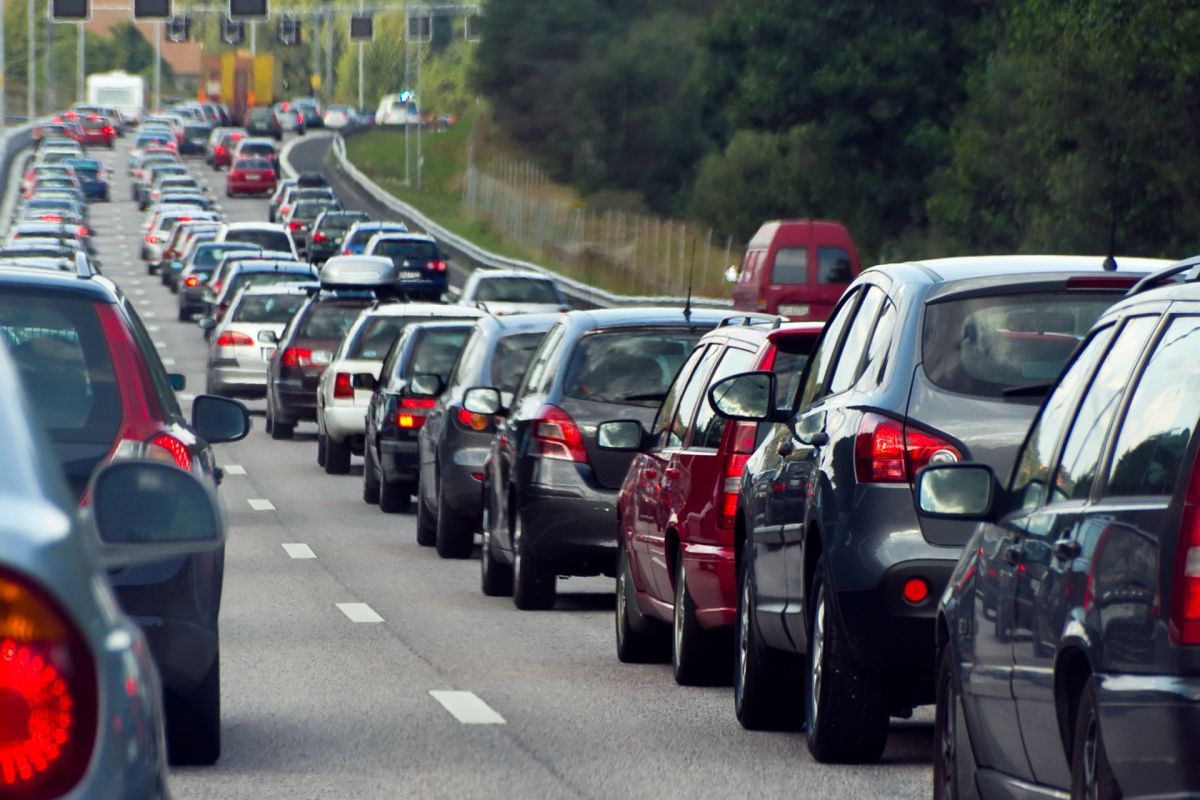While it may seem like many parts of our society have bounced back from the pandemic, Yale Climate Connections reported that at least one big U.S. industry isn't handling the post-COVID transition very well.
Before the world ground to a screeching halt in 2019, gasoline consumption in the U.S. was at an all-time high. Then suddenly, people weren't traveling, commuting to work or school, running errands, or meeting friends around town.
Now, even though people are hitting the road and getting back out into the world, gasoline consumption isn't reaching the post-pandemic levels it was expected to. This leads many experts to theorize that America, the world's largest consumer of gasoline, has passed its peak consumption.
"There has been a noticeable, and I believe permanent, change toward lower gasoline demand," Andy Lipow, president of Lipow Oil Associates, told Yahoo Finance.
A real decline in gasoline consumption is due partly to climate-friendly initiatives that have been in place for decades but also to the Biden Administration's recent push to curb the planet's rising temperatures.
Newer gasoline-powered cars are more fuel-efficient, and there has been a major increase in the number of electric vehicles (EVs) purchased. One reason for this increase is that EVs safeguard drivers from extreme price fluctuations in fuel. Also, some commuters who can't afford EVs but want to move away from harmful gasoline-powered transportation have turned to electric bikes.
This is all great news for the environment. Transportation is the biggest source of toxic
heat-trapping gases in the country, accounting for nearly 30% of all U.S. planet-warming pollution, according to the Environmental Protection Agency.
Moving away from record-high consumption of a dirty energy source toward clean, affordable transportation options will go a long way in reducing air pollutants and curbing the overheating of the planet so we can all breathe a little easier.
"It's the ongoing replacement of old cars with more fuel-efficient ones that contributes to the steady erosion in the amount of gasoline used per mile," Linda Giesecke, an analyst at ESAI Energy, told Bloomberg.
Join our free newsletter for cool news and actionable info that makes it easy to help yourself while helping the planet.









